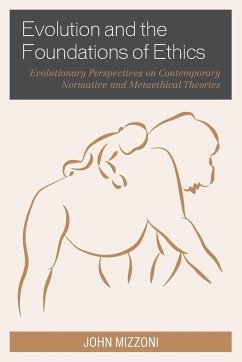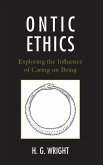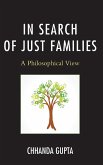If human biological evolution is part of our worldview, then how do commonplace notions of ethics fit in? To ask the question, "what does evolution imply about ethics?" we must first be clear about what we mean by evolution. Evolution and the Foundations of Ethics discusses four models of evolution, represented by Darwin, Dawkins, Gould, and Haught. We must also be clear about what we mean by ethics. Do we mean metaethics? If so, which variety? With metaethical theories (such as Error Theory, Expressivism, Moral Relativism, and Moral Realism), theorists are attempting to explain the general nature, status, and origins of ethics. In the first four chapters of this book (Part I), John Mizzoni examines how metaethical theories fit with evolution. Next, in asking about the implications of evolution for ethics,do we mean normative ethics? Theorists who work with normative ethical theories-such as Virtue Ethics, Natural Law Ethics, Social Contract Ethics, Utilitarian Ethics, Deontological Ethics, and Ethics of Care)-articulate and defend a normative ethics that people can and do use in a practical way when deliberating about specific actions, rules, and policies. The next six chapters (Part II) look at how normative ethical theories fit with evolution. A full reckoning of ethics and evolution demands that we consider the range of ethical elements, both metaethical and normative. Thus, this book looks at what several different models of evolution imply about four metaethical theories and six normative ethical theories. This book will be of interest to scholars interested in the intersection of evolutionary theory and ethical theory.
Hinweis: Dieser Artikel kann nur an eine deutsche Lieferadresse ausgeliefert werden.
Hinweis: Dieser Artikel kann nur an eine deutsche Lieferadresse ausgeliefert werden.








